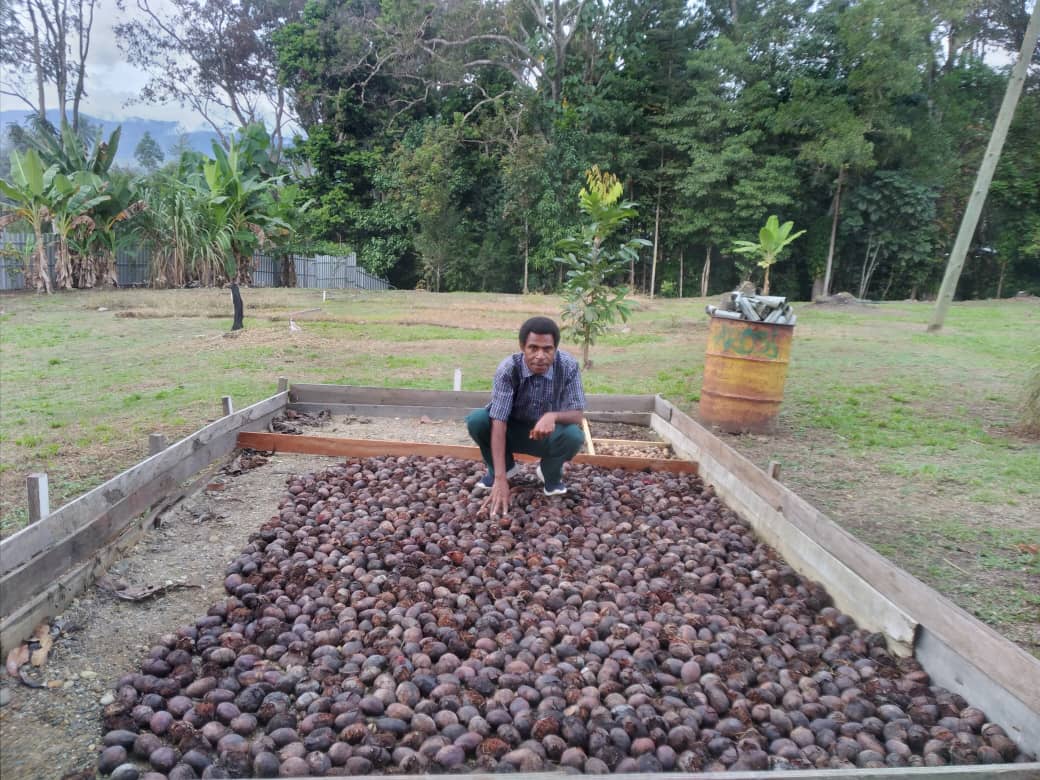Uganda community agroforestry project
In Northern Uganda’s Kitgum region, this project partners with smallholder farmers to plant 40,000 trees across Madi Opei, Lamwo, and Padibe sub-counties by April 2025. It combines climate action with long-term land restoration and soil protection.

Unique Fact
Each farmer in this project commits to keeping their trees standing for 50 years—turning tree planting into a long-term legacy for climate stability and future generations.
Project Location
Northern Uganda – Specifically in the Kitgum region, covering the sub-counties of Madi Opei, Lamwo, Padibe East, and Padibe West.
Project Goals
The goals of the project are to:
- Partner with smallholder farmers who dedicate portions of their land to agroforestry
- Grow new forests and preserve existing mature trees to support local climate stability
- Distribute seedlings to farmers committed to cultivating trees over the next 50 years
- Prevent soil erosion and retain humidity in agricultural areas, especially during heavy rainfall
- Provide the region with a model for how local communities can positively impact their ecosystem
- Appoint "village champions" to serve as ambassadors who promote awareness of climate change and assist with seedling distribution efforts
Project Impact
The anticipated and ongoing impacts include:
- Climate stabilization through forest restoration in areas heavily affected by deforestation during Uganda’s civil war
- Increased humidity retention and improved agricultural productivity
- Reduced soil erosion in a region vulnerable to intense rainfall
- Heightened community engagement and awareness of climate action, supported by the appointment of village champions
- Long-term land stewardship by farmers who commit to a 50-year tree cultivation plan
- A strengthened local perspective on environmental responsibility and ecosystem restoration
This initiative highlights the power of community-led reforestation to drive ecological and socio-economic resilience across Northern Uganda.









